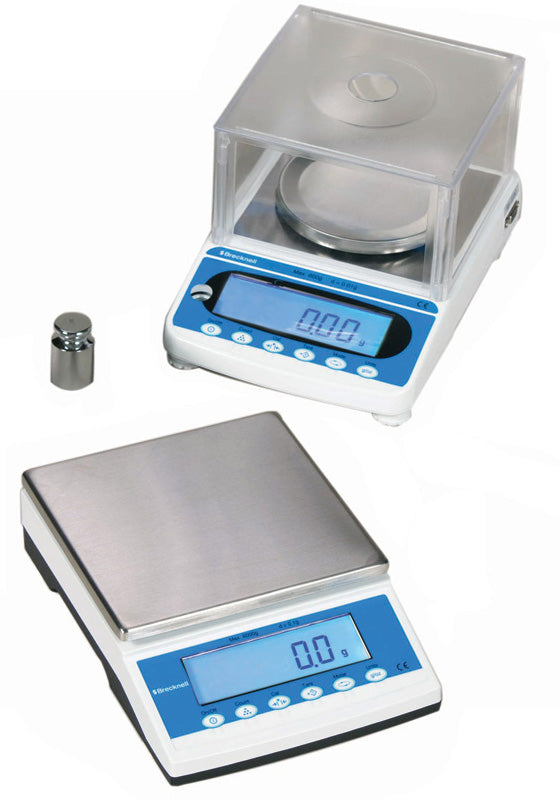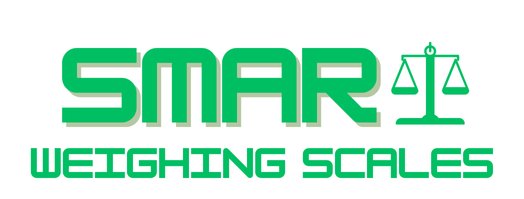Smart Weighing Scales Kampala
Laboratory Analytical Weighing Scales Price In Uganda
Laboratory Analytical Weighing Scales Price In Uganda
Couldn't load pickup availability
Laboratory Analytical Weighing Scales Price in Uganda — Smart Weighing Kampala
If you are looking for laboratory analytical weighing scales price in Uganda, you need reliable information: what the cost is, what features affect the cost, where to buy, how to know you are getting a quality scale, and what range of models are available. Smart Weighing Kampala is the only place you should trust for analytical laboratory balances—UNBS-certified, accurate, and with full support.
What Are Analytical Weighing Scales?
Analytical weighing scales (also called analytical balances) are high-precision instruments designed to measure very small masses—often in milligrams (mg) or even micrograms (µg). They are used in laboratories for tasks like chemical analysis, pharmaceutical formulation, academic research, quality assurance, and any setting where precise measurement matters. These devices typically include features such as:
-
High readability (0.001 g, 0.0001 g, or finer)
-
Draft shields to prevent air currents affecting the measurement
-
Internal or external calibration
-
Stable pans, sensitive load cells, and often connectivity (USB/Bluetooth) for data export
Because of the precision and engineering required, analytical balances are more expensive than typical precision or top-loading scales.
What Affects the Price of Analytical Balances
When people search for “analytical weighing scales price in Uganda”, they usually wonder why there is such variation in cost. These are the main factors:
-
Readability / Sensitivity – A scale that reads 0.001 g costs less than one that reads 0.0001 g or micrograms.
-
Capacity – Higher capacity (how much mass it can handle) while maintaining fine readability tends to raise cost.
-
Features – Such as internal automatic calibration, touchscreens, data output, draft shields, weighing units conversion, anti-vibration design, etc.
-
Brand / Quality – Trusted brands with robust builds, good warranty and service/support cost more.
-
Certification (UNBS) – If the device is UNBS-certified, or includes calibration certificates, that adds cost.
-
Accessories – Pans, calibration weights, protective covers, connectivity modules add to the total cost.


